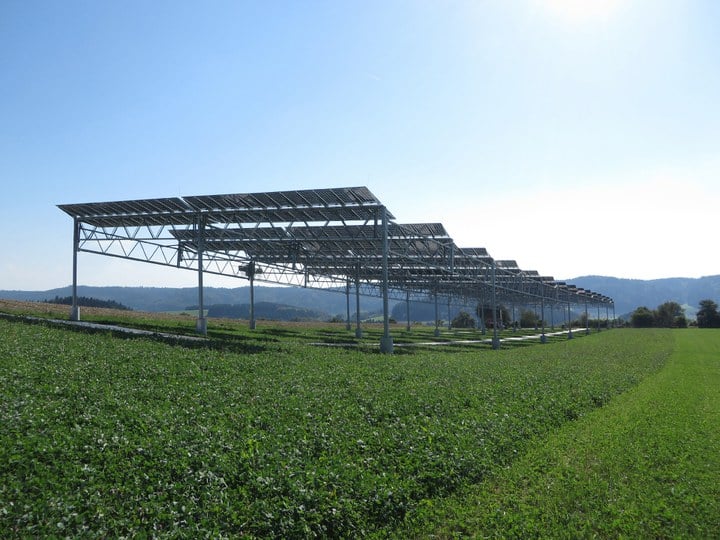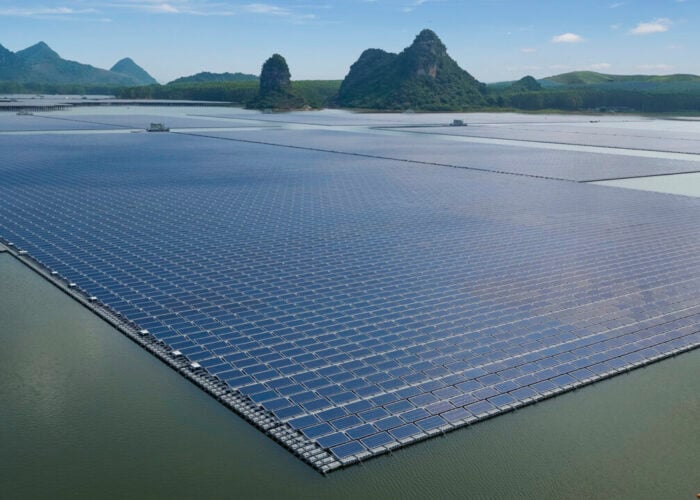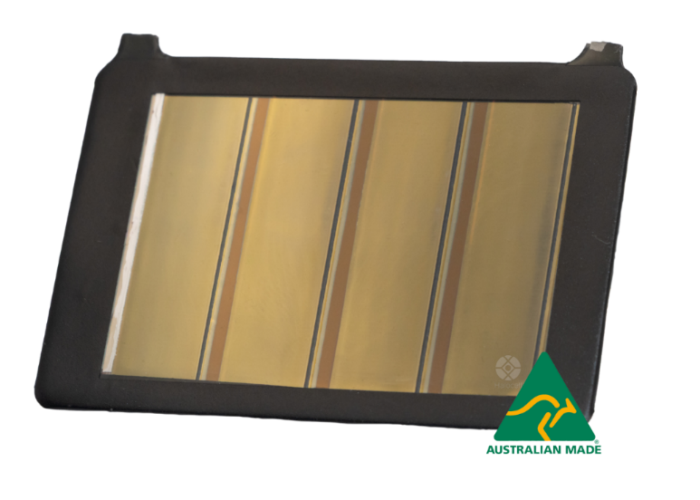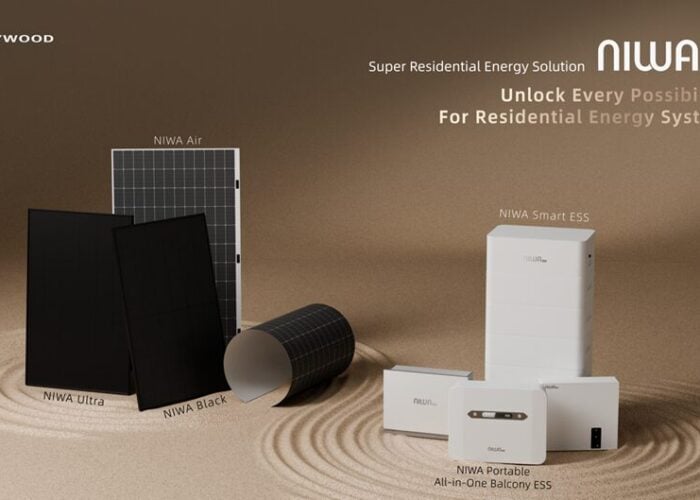
Fraunhofer ISE said it was spearheading the largest research project (APV-Resola) in Germany to establish whether the dual use of land for the production of electricity using photovoltaic (PV) modules can be commercially viable with a range of crops grown on the same land.
A unique 194 kWp agrophotovoltaics (APV) pilot plant has been built in Heggelbach near Lake Constance, in southern Germany, which will monitor the yield of four different crops (wheat, trefoil, potatoes and celery) under the APV system over the next two harvesting summers of 2017 and 2018.
Unlock unlimited access for 12 whole months of distinctive global analysis
Photovoltaics International is now included.
- Regular insight and analysis of the industry’s biggest developments
- In-depth interviews with the industry’s leading figures
- Unlimited digital access to the PV Tech Power journal catalogue
- Unlimited digital access to the Photovoltaics International journal catalogue
- Access to more than 1,000 technical papers
- Discounts on Solar Media’s portfolio of events, in-person and virtual
Two and a half hectares were designated to the pilot project, which includes the APV system occupying about one third of a hectare to enable direct crop yield comparisons.
“We are looking forward to the results of the practical experience with the APV pilot system,” noted Thomas Schmid of the Demeter farm community ‘Hofgemeinschaft Heggelbach, where the project is located. “For us, it is important that the system is simple to operate and that the crop yield from underneath the APV system is at least 80 percent of that from the reference crop.”
The attempt to scientifically demonstrate the ability for dual use comes from the growing perception that PV takes away crop growing land, which leads to competition for land between renewable energy producers, farmers and fears from local communities of industrialisation in rural areas.
“In view of the dynamic worldwide growth of photovoltaic installations over the last decade and the resulting increase in land usage for PV systems, innovative concepts, like agrophotovoltaics which facilitates the dual usage of agricultural land, help to further and accelerate the transformation of the global energy system,” added Prof. Dr. Eicke R. Weber, Institute Director at Fraunhofer ISE.
Key features of the unique APV system include a special raised supporting structure developed together with the Austrian solar technology manufacturer Hilber Solar. The support structure was designed to fit the specific requirements on the premises, although a modular design that can be easily modified for other sites.
The modules used on the mounting system are SolarWorld’s bifacial modules that were deemed the most suitable for the project as they produce a higher electricty yield per unit area and provide a more homogeneous light distribution on the crops growing underneath the APV system.
The APV-Resola project is sponsored by the German Federal Ministry for Education and Research (BMBF) and FONA (Research for Sustainable Development) and is cooperative project between partners from the agricultural, scientific, technical sectors and local inhabitants.
The Faculty for Agricultural Sciences at the University of Hohenheim is responsible for the agricultural research and ecological analysis. The Institute for Technical Assessment and System Analysis (ITAS) of the Karlsruhe Institute for Technology (KIT) is responsible for the concept and realization of the Living Lab approach.
The project was a resurrection of an idea from an article 1981, by Prof. Adolf Goetzberger titled “Potatoes under the Collector” which was published in the German magazine Sonnenenergie. The article was said to have proposed a particularly ‘favorable’ setup for solar energy systems in combination with agricultural land use.
After the two year experiment, the results from the different crops yields will be analyzed and published in a final report.
Agrophotovoltaics has already become popular in China where a growing number of large-scale projects have already been constructed and operated.







